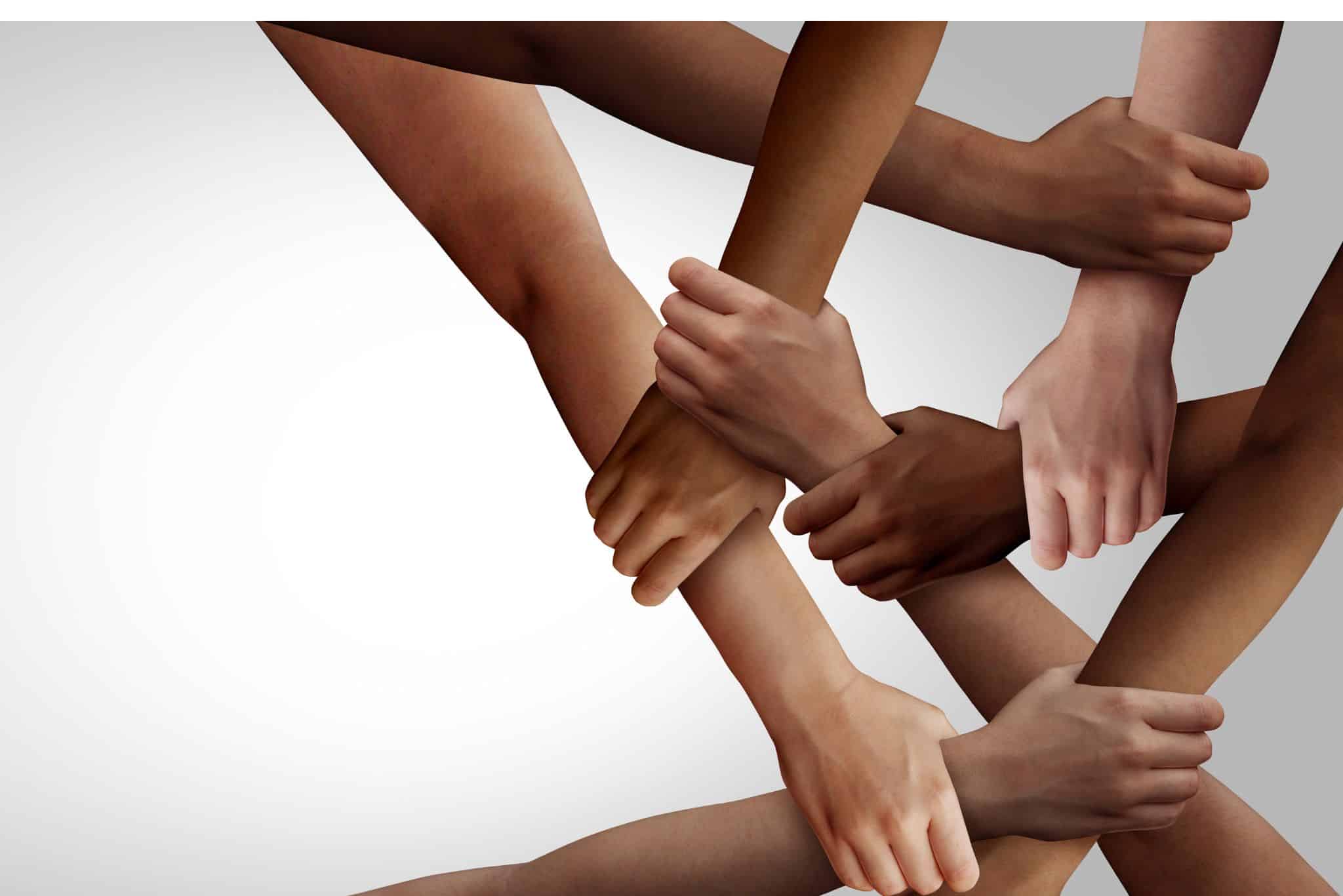DEI (and B for Belonging) are Here to Stay –
Predictions for 2024

“We’re doubling down on our diversity, equity, and inclusion efforts.”
“We’re not watering down the language or substance of our DEI programming.”
“We’re keeping the D, the E, and the I… and, in fact, we’re adding in the B for Belonging.”
“We see the business imperative for DEI now, more than ever before.”
Last week, we held bhasin consulting inc.’s first Leadership Lens webinar for 2024 (if you’re not already signed up to receive updates on these free sessions, you can do so here). With over 150 C-Suite, HR, and DEI leaders on the webinar, these are the messages that were repeatedly shared.
This is undoubtedly a very difficult time for leadership and DEI in the corporate (and academic) world. We’re experiencing:
- Rapidly shifting work environments
- Dramatic increases in mental health challenges
- A global economic downturn and, connected to this, budget cuts
- Geopolitical issues and related challenges
- Continuing social injustice crisis’
- Political, legal, and personal attacks on DEI
- Heightened DEI fatigue
This is a lot. And it can feel overwhelming.
But here’s a fundamental insight to remain focused on in this difficult moment: our workplaces are more diverse than ever before, not to mention our talent pipelines. We have more diversity in almost every cultural identity area – gender, race/ethnicity, age, religion, sexual orientation, and disability, to name just a few.
Given this, we must continue to focus on our DEI efforts in 2024. And, on that note, here are a few areas that we recommend organizations put their efforts into this coming year:
- Belonging – our society is in a loneliness epidemic, and this is also being experienced in the workplace. We know that many team members continue to struggle to belong. We must dig deeper in educating leaders on how to create cultures that are rooted in belonging
- Cultural Competence and Faith-Based Inclusion – at bci, we have always been proponents of programming that targets a heightened understanding of cultural and faith differences and experiences. In our view, organizations must focus on programming in both these areas going forward, to cultivate greater belonging and help address geopolitical-related challenges
- Racial Inclusion – there are myriad examples in our midst of why we must continue to focus on racial inclusion in our DEI work, including a spotlight on interrupting anti-Blackness. Despite the legal attacks, we can still (legally) continue to work on advocating for racial inclusion
- Mental Health Inclusion – given that we continue to hear about diminished mental health experiences in the workplace, this must be an area of focus for 2024. And, in fact, this needs to be an area of greater emphasis
These are just a few areas we want to highlight for 2024, recognizing that there is much more work to be done across DEI.
Finally, I want to highlight the following:
The DEI hate mongers want us to feel fear. They want us to believe that their attacks will shut us down. They want us to go home.
But, as you can see, we’re not going anywhere.
Keep fighting the fight and doing the work. DEI (and B for Belonging) are here to stay.
Are you with me? I’d love to hear from you! Please send me a message through our Contact Us page, LinkedIn, or Instagram.
Reach out to the bci team here to learn more about our range of cutting-edge programming on how to cultivate inclusion in the workplace.
If you’re looking for more inclusion related resources, check out:
- bci’s dedicated playlists:
- bci’s tip sheets:
- Article: Cultural competence: An essential skill in an increasingly diverse world
